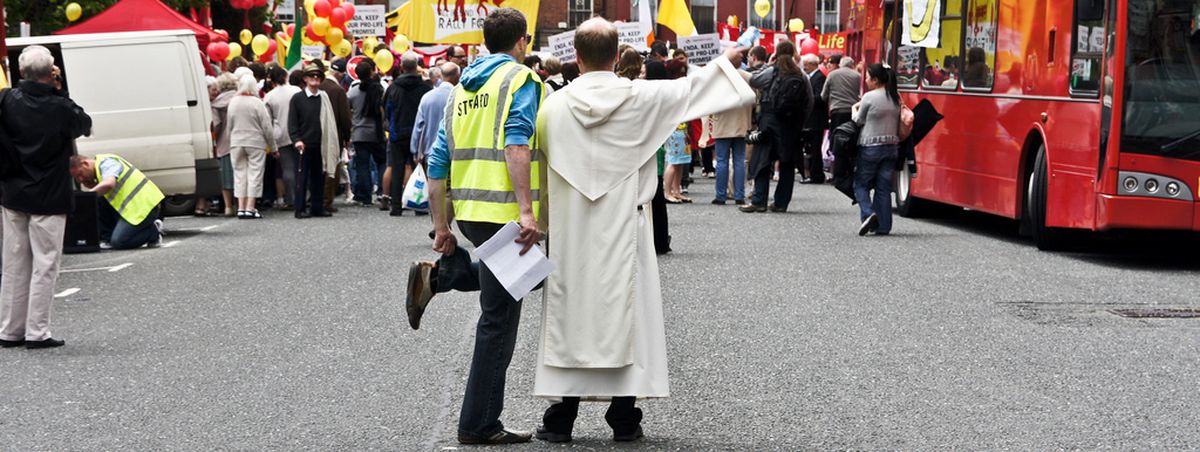
Pro-choice vs pro-life: the ideological battleground in Dublin
Published on
Translation by:
James HigginsThe abortion debate in Ireland is a political battle in which legal philosophy blurs with religious ideology. The catholic church, medical practitioners, youth activists and NGO world have been enthralled in this debate in Ireland for decades. Now the Irish parliament has passed a new law that many hope will settle the situation. Is this the end of the issue?
A bill recently passed by the Oireachtas (Irish parliament) has finally made provisions for abortion in Ireland, seeking to remedy a shortcoming in the health system that has caused pain and distress to thousands of women. The 2013 protection of life during pregnancy act allows abortion when there is a 'real and substantial' risk to a woman's life. This includes suicide, which is much more difficult to verify from a medical perspective than physiological factors. However, the pre-existing 1861 offences against the person act has not been abolished, thus a prison sentence of up to fourteen years remains in force for both the doctor who performs an abortion, and the woman who undergoes it, if it is done outside of the new legal framework.
ABORTION EXISTS, BUT GOES UNSEEN
The debate on abortion has raged in Ireland for the past two decades, ever since the 1992 referendum which upheld the right for Irish women to travel abroad for the procedure. Since then, the number of women travelling abroad for a termination has not lessened. According to unofficial estimates, at least 4, 000 women leave Ireland ever year to undergo the procedure. Irish women have abortions in silence and without the support of the state. The situation is even more complicated for immigrants and asylum seekers, for whom it is extremely difficult, if not impossible, to travel. Disadvantaged groups are also less likely to be able to afford the expenses associated with undergoing an abortion abroad. Disavowing the old Irish saying 'An Irish solution to an Irish problem', abortion already exists in Ireland but goes unseen, and is frequently exported.
Many centres provide information on the options - including abortion - which are available to women in the case of unwanted pregnancy and some few of these are state-funded. The Irish family planning association, an organisation responsible for sexual and reproductive health and education, offers a free consultation service to pregnant women via its network of advisors which are present throughout the country. If these women wish to have an abortion, counsellors from the family planning association can provide the address of a relevant clinic in England, and work to ensure that the person in question receives tailored post-treatment support. At their headquarters in Cathal Bruga Street in Dublin, they hope that the new bill will finally clarify the obscure legislation. They feel that the continued potential criminalisation of the doctors and women involved in abortions is dangerous and unacceptable.
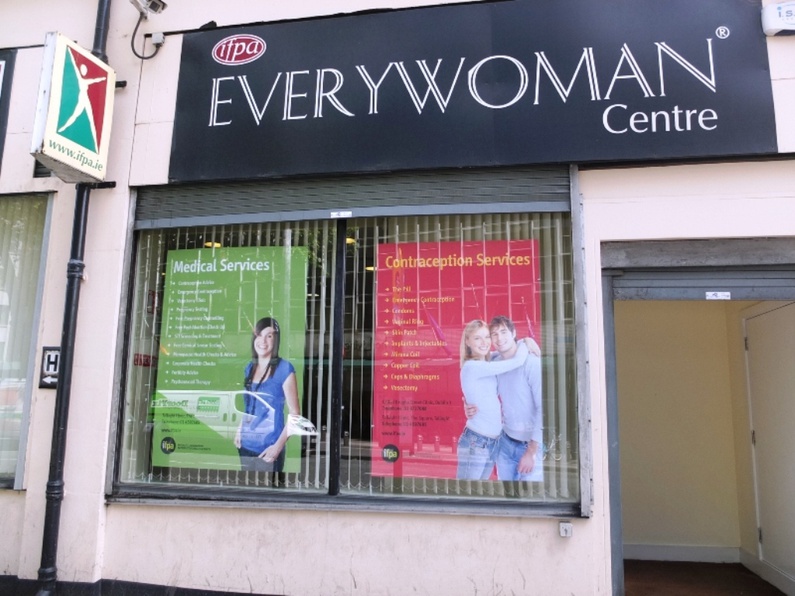 Richie Keane, an activist with doctors for choice, an association of doctors and students fighting for legal and safe abortion in Ireland, details some concerns: 'You know, fourteen years of imprisonment, that can scare people. The current situation is particularly frustrating for us doctors because there is no law! There is no official data or directive for doctors. Arrests are actually quite rare, but doctors and patients still fear potential legal consequences.' He is unimpressed by the new law, which he says 'has many limitations and shortcomings.' Richie believes that issues concerning conscientious objection and the role of ethics committees needs to be addressed, especially in a country where a large number of hospitals are run by religious institutions. 'Doctors have a duty, regardless of their own personal beliefs, to take care of a woman's health,' he argues. 'Abortion is above all a health issue.'
Richie Keane, an activist with doctors for choice, an association of doctors and students fighting for legal and safe abortion in Ireland, details some concerns: 'You know, fourteen years of imprisonment, that can scare people. The current situation is particularly frustrating for us doctors because there is no law! There is no official data or directive for doctors. Arrests are actually quite rare, but doctors and patients still fear potential legal consequences.' He is unimpressed by the new law, which he says 'has many limitations and shortcomings.' Richie believes that issues concerning conscientious objection and the role of ethics committees needs to be addressed, especially in a country where a large number of hospitals are run by religious institutions. 'Doctors have a duty, regardless of their own personal beliefs, to take care of a woman's health,' he argues. 'Abortion is above all a health issue.'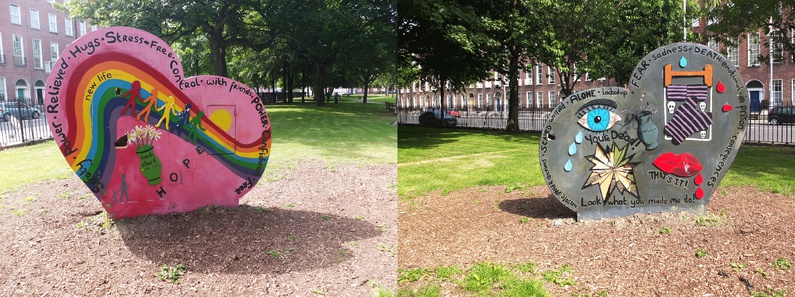
IDEOLOGICAL BATTLEGROUND
The abortion debate is influenced by ideological perspectives that are not open to negotiation, particularly those of the catholic church. Where language and science clearly define the difference between embryo, foetus and child, catholics see an uninterrupted and consistent line between the time of conception and adult life. This perspective is strongly reflected in youth defence, the anti-abortion organisation that is most prominent on a national level, and closely linked to international catholic conservatism, sourcing large parts of its funding directly from the United States. One of their slogans is 'we are all just grown up embryos', and one of their posters, which can be found all over Dublin, states 'abortion does not save lives, it kills children.' Anti-abortion activists refer to themselves as pro-life, implying that anyone who believes otherwise supports the extinction of the human race.
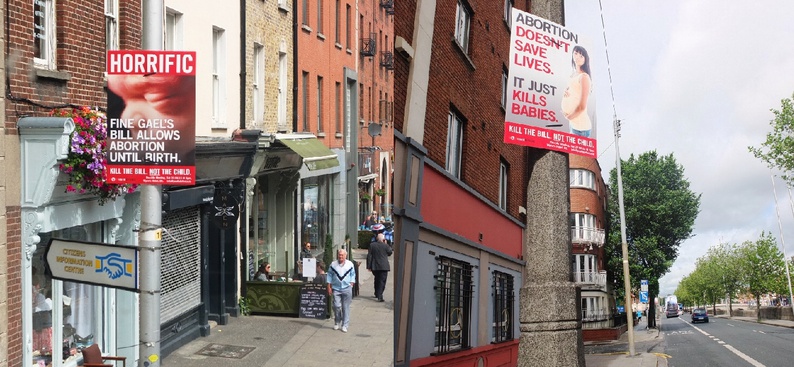 The catholic church has become heavily involved in the discussions regarding the new bill and have even threatened to excommunicate politicians who support it. Catholicism is an important part of modern Irish culture and identity. Since the creation of the Irish state in 1922 the church has succeeded in imposing a large part of its ethical code on legislators in the Republic of Ireland. In addition to the tangible presence of the church in the health and education sectors, religious dogmas define perspectives on a number of public issues: the sale of contraceptives was only legalised in 1985, the prohibition of divorce was not repealed from the constitution until 1995, and 'homosexual activities' only ceased to be a crime in 1993.
The catholic church has become heavily involved in the discussions regarding the new bill and have even threatened to excommunicate politicians who support it. Catholicism is an important part of modern Irish culture and identity. Since the creation of the Irish state in 1922 the church has succeeded in imposing a large part of its ethical code on legislators in the Republic of Ireland. In addition to the tangible presence of the church in the health and education sectors, religious dogmas define perspectives on a number of public issues: the sale of contraceptives was only legalised in 1985, the prohibition of divorce was not repealed from the constitution until 1995, and 'homosexual activities' only ceased to be a crime in 1993.
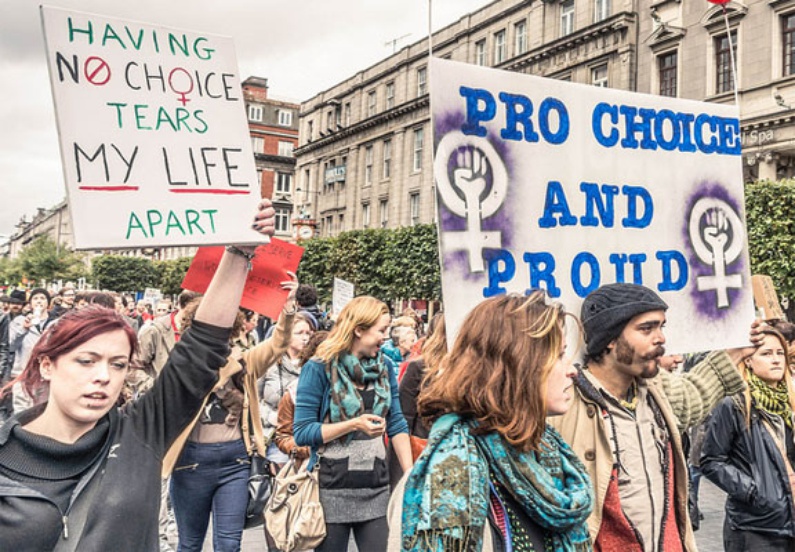 The achievement of these rights for all Irish citizens has only been possible due to widespread mobilisation by progressive activists. The Irish pro-choice movement is involved in intensive lobbying and information campaigns, as well as providing assistance to women who have unwanted pregnancies.
The achievement of these rights for all Irish citizens has only been possible due to widespread mobilisation by progressive activists. The Irish pro-choice movement is involved in intensive lobbying and information campaigns, as well as providing assistance to women who have unwanted pregnancies.
A CULTURE OF SELF-DETERMINATION
The abortion rights campaign (ARC) is an alliance of pro-choice groups and individuals organised throughout Ireland, north and south. Following the tragic death of Savita Halappanavar, the ARC intensified its efforts towards generating legislative and cultural change. Kate, one of their activists, explains that they are brought together by a conviction that abortion is, at its core, an issue of the right to health for women: 'There are discriminative attitudes and practices in Ireland regarding abortion: a pregnant woman is not entitled to the same medical procedures and care as a woman who is not pregnant, because according to our constitution, the foetus also has legal rights.'
One of the most serious deficiencies of the new bill is the continued lack of provision for an abortion in the case where the foetus would not be able to survive outside the uterus, meaning than the woman is obliged to continue with the pregnancy even when she knows that the child will be stillborn. Not only does Irish law continue to endanger women's health, it also denies women their right to reproductive self-determination, making them the victims of their biological circumstances: 'In Ireland we can only abort if there is a risk of dying: it's shit!' The ARC provides clear and detailed information on abortion abroad and the abortion pill, which can be bought online and used safely up to the ninth week of pregnancy. Other organisations such as the abortion support network provide funding to Irish women to help cover part of the costs involved in having an abortion in the UK, and 'women on web' provide the abortion pill and information on medical abortions.
For some Irish people the subject of abortion is a source of intense disagreement. Others, particularly men, are not interested, or distance themselves from the debate. Most people, including many catholics, believe that a change must take place and that Irish women have the right to protect their health and dignity. The debate on abortion is also still very much alive internationally, even in countries where there is relatively permissive legislation in place. Currently, abortion is still illegal or subject to severe restrictions in a number of countries throughout the world, particularly in Africa, South America and Central Asia. Recent news from Spain shows that legislation on abortion is becoming more restrictive. New data has shown that it is becoming increasingly difficult to have an abortion in Italy.
Special thanks to Manu Tomillo, Valentina Calà and Clare
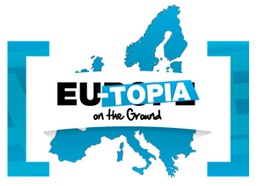 This article is last in the series EUtopia on the ground, which is a cafebabel project supported by the European Commission, in collaboration with the French Ministry of Foreign Affairs, the Hippocrene Foundation and the Charles Leopold Mayer Foundation.
This article is last in the series EUtopia on the ground, which is a cafebabel project supported by the European Commission, in collaboration with the French Ministry of Foreign Affairs, the Hippocrene Foundation and the Charles Leopold Mayer Foundation.
Translated from Pro-choice VS Pro-life: il campo di battaglia è a Dublino



